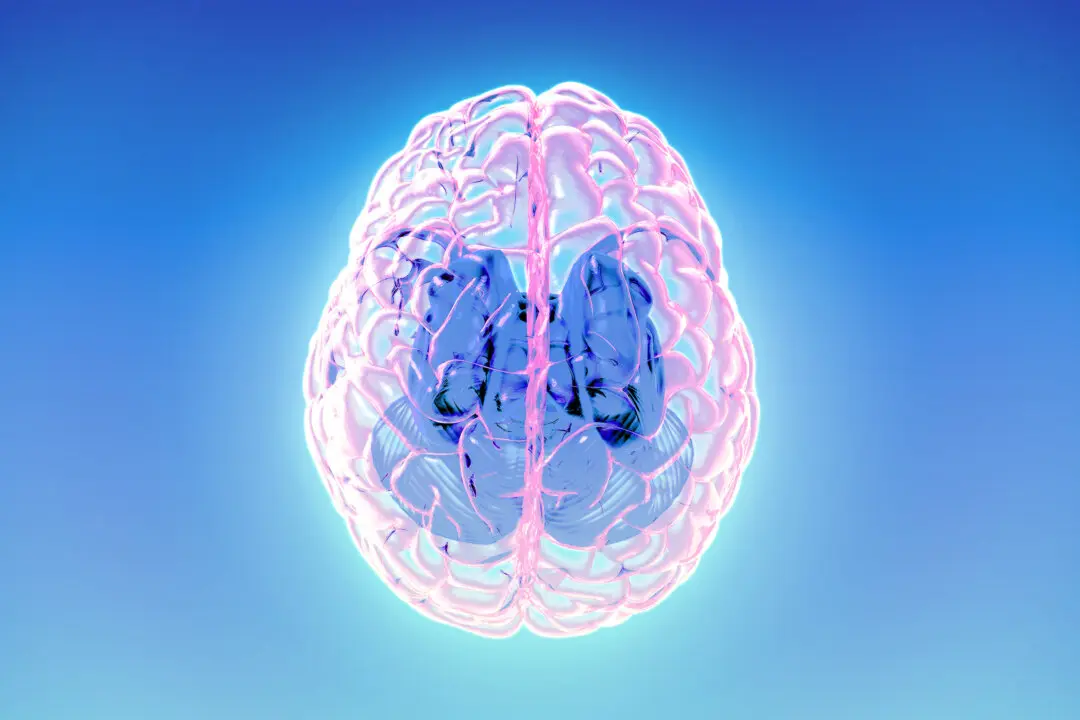A new analysis of U.S. service members has revealed that veterans who served at Marine Corps base Camp Lejeune face an elevated risk of Parkinson’s disease, potentially affecting millions of individuals.
A large-scale study published in JAMA Neurology involving nearly 350,000 Camp Lejeune veterans found that the risk of Parkinson’s disease was increased by 70 percent among Marines stationed at the North Carolina base between 1975 and 1985 compared to those stationed at Camp Pendleton in California.






